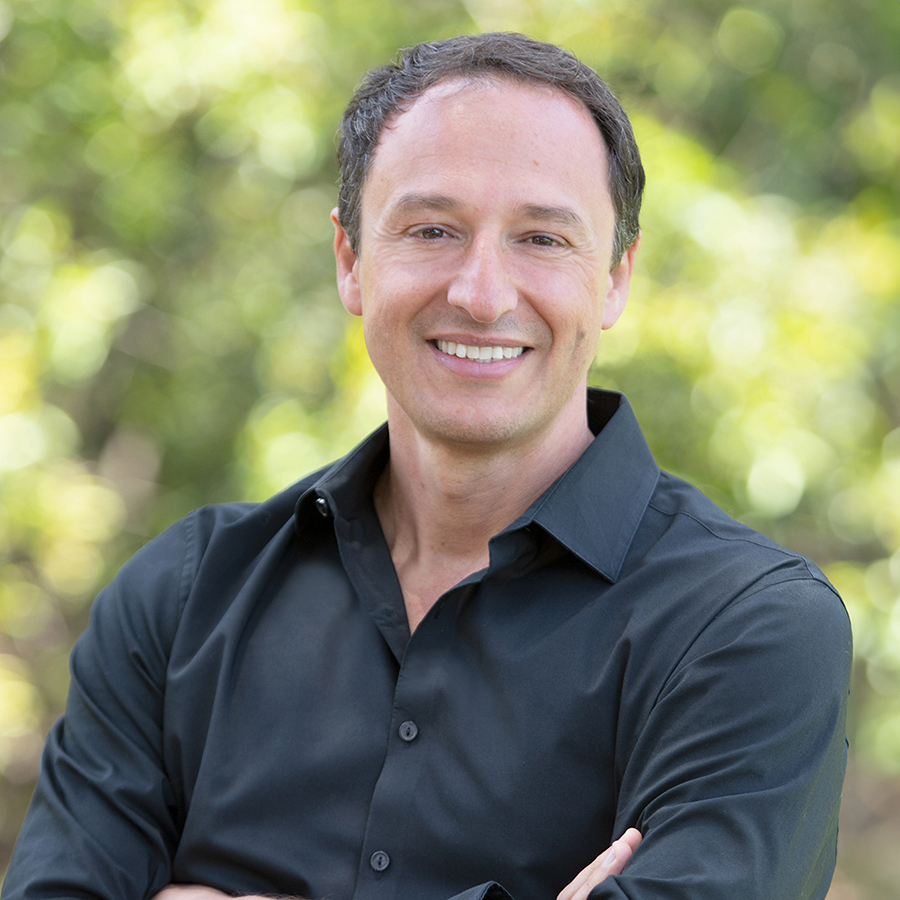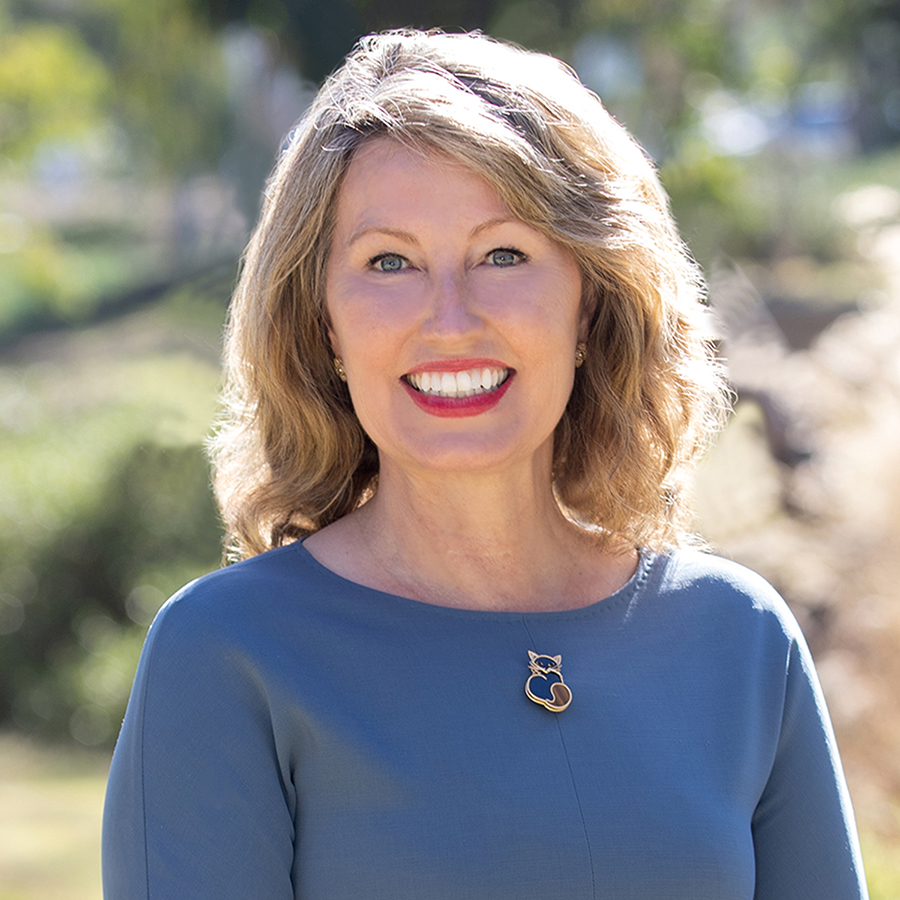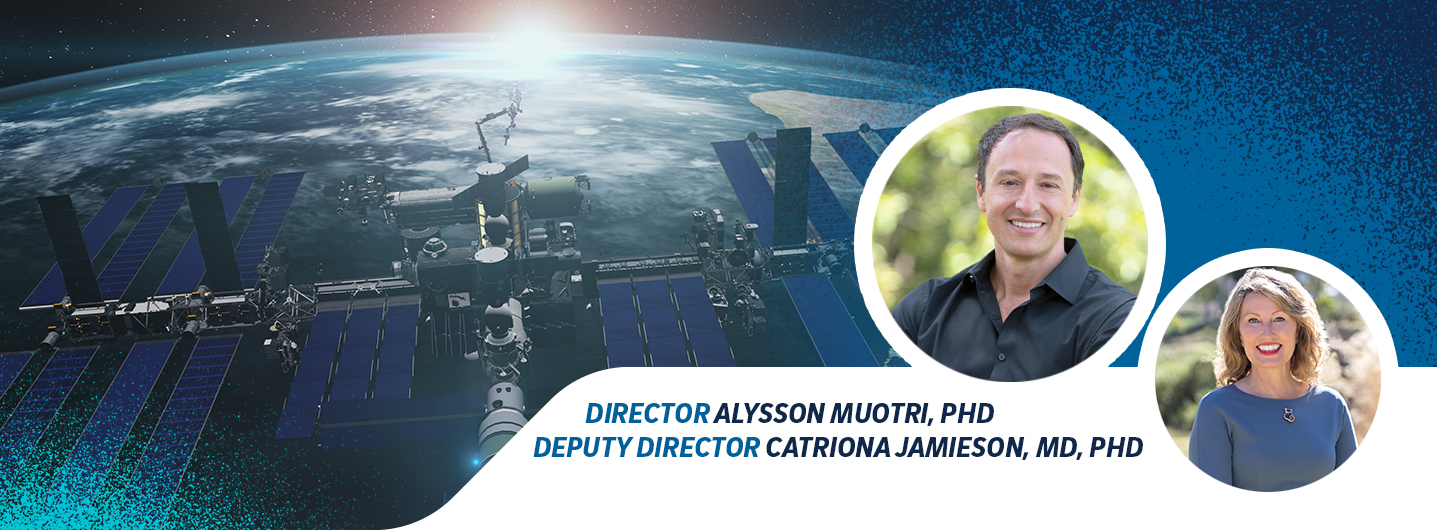Sanford Integrated Space Stem Cell Orbital Research Center (ISSCOR)
The Integrated Space Stem Cell Orbital Research (ISSCOR) Center is a cutting-edge laboratory designed to perform experiments aboard the International Space Station (ISS).
Astronauts perform experiments at the direction of, and in tandem with, scientists on the ground. Space-based experiments harness the power of sustained microgravity, which exists only in low-Earth orbit. This lack of gravity mimics the aging process on Earth but in an accelerated fashion.
Scientists with ISSCOR utilize this unique environment to study stem cell aging rapidly without requiring lengthy and expensive clinical trials involving humans on Earth. Understanding the process of aging is not only useful in keeping astronauts healthy — it could also teach us how to prevent the effects of aging on Earth.
Working as a team, these researchers make invaluable discoveries, with the goal of diagnosing, treating, and curing cancer and other age-related degenerative diseases. In particular, they focus on the study of stem cells from the blood, liver, and nervous system, and the modeling of tumors in space.
ISSCOR has received funding from NASA and a philanthropic donation from T. Denny Sanford, whose $150 million gift in 2022 also established the UC San Diego Sanford Stem Cell Institute.
Directed by Dr. Alysson Muotri, ISSCOR is based at the UC San Diego Sanford Stem Cell Institute.
Leadership
Director Alysson Muotri, Ph.D.
 Dr. Muotri is a professor in the Departments of Pediatrics and Cellular and Molecular Medicine at UCSD. His research focuses on solving one of life’s greatest mysteries: What is it that makes us uniquely human? Muotri studies the brain from an evolutionary and developmental perspective, creating brain organoids from the stem cells of patients affected by a variety of diseases. Sometimes, he sends the organoids to space, in an effort to gauge the effects of rapid aging due to the stress of microgravity.
Dr. Muotri is a professor in the Departments of Pediatrics and Cellular and Molecular Medicine at UCSD. His research focuses on solving one of life’s greatest mysteries: What is it that makes us uniquely human? Muotri studies the brain from an evolutionary and developmental perspective, creating brain organoids from the stem cells of patients affected by a variety of diseases. Sometimes, he sends the organoids to space, in an effort to gauge the effects of rapid aging due to the stress of microgravity.
Muotri’s work has implications for the generation of human disease models by determining the molecular and cellular mechanisms driving complex neurological disorders like autism and Alzheimer’s disease. His work is also creating opportunities for identifying and testing novel therapeutic approaches, and reducing the amount of time required for moving drugs into clinical trials.
Deputy Director Catriona Jamieson, M.D., Ph.D.
 Dr. Jamieson is a board-certified hematologist with broad clinical expertise in caring for patients with hematologic malignancies. Her research explores the fundamental question of how space alters cancer progression. Her ultimate mission: to discover life-saving therapies for cancer that tackle the root cause of the disease, and to advance therapeutics that enhance stem-cell regeneration.
Dr. Jamieson is a board-certified hematologist with broad clinical expertise in caring for patients with hematologic malignancies. Her research explores the fundamental question of how space alters cancer progression. Her ultimate mission: to discover life-saving therapies for cancer that tackle the root cause of the disease, and to advance therapeutics that enhance stem-cell regeneration.
Jamieson serves as a professor of medicine at the UC San Diego School of Medicine and the chief of its Division of Regenerative Medicine; director of the the university’s Sanford Stem Cell Institute; and deputy director of UC San Diego Health’s Moores Cancer Center, as well as co-leader of its Hematologic Malignancies Program. She is also the university’s Sanford Stem Cell Institute Chancellor's Endowed Chair in Regenerative Medicine.
Aside from authoring more than 100 articles in journals like The New England Journal of Medicine, Nature, and Cell Stem Cell, her work has been featured in Fortune, STAT, The Washington Post, The Hill, and Live Science, as well as on BBC and NewsNation. She completed both her M.D. and her Ph.D. in microbiology at the University of British Columbia in Vancouver, British Columbia, Canada.
